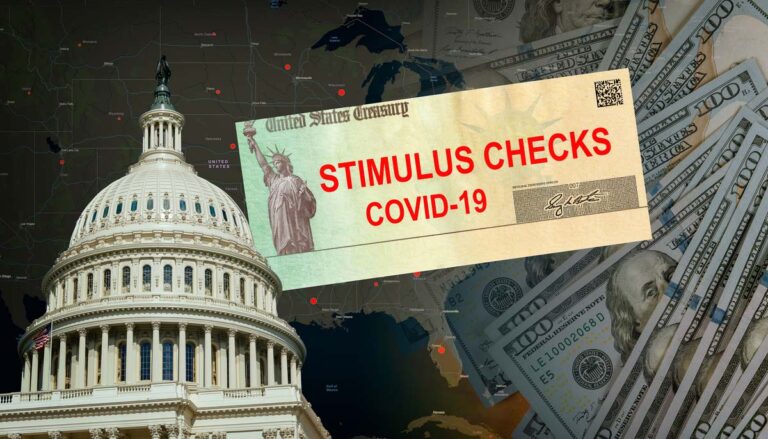The pandemic has upended normal life in the US and caused loss of life, economic damage and serious mental distress for many people. By way of response, the federal government has, so far, passed two relief bills that authorized stimulus payments to most Americans. Now, a third such relief bill is in the works, with experts expecting it to be signed into law sometime before the end of March.
So, who is getting the next round of stimulus money? And when can you expect to have your check?
Biden Agrees to Existing Thresholds
On the first stimulus checks, which have now gone out almost an entire year ago, the government authorized direct payments of $1,200 to people making less than $75,000. Then, the money gradually phased out for those making more than $75,000 per year, targeting the people who the government believed needed the money the most.
According to new reports, President Joe Biden, the main driving force behind the new round of stimulus checks, has said he’s comfortable with the threshold once again sitting at $75,000. This would also allow couples who file jointly to get the full payment if they make less than $150,000, combined.
How Much in the New Stimulus?
The new stimulus bill is slated to include some $1,400 for most Americans. This is $600 less than the number Democrats had aimed for: on the campaign trail, Biden and other prominent Democrats were adamant that the US was in need of $2,000 direct payments. However, in January, a bipartisan bill passed that authorized a $600 direct payment to most Americans.
Now, the president has settled on the $1,400 payments, saying that, when added to the money sent out in January, it adds up to $2,000. Some have ridiculed this argument, saying that the first payment months before the second makes it hard to view the money as a $2,000 direct payment, like the president campaigned on.
What Else is in the Bill?
Biden’s proposed legislation would also include a number of provisions to help people struggling with the impact of the pandemic, from an extension of the eviction moratorium to an update on federal aid for people on unemployment.
Critically, Biden’s proposed relief bill also includes a massive boost in funding for testing, contact tracing and vaccination, aimed at bringing the pandemic to heel. Even as the US looks forward to better days with lower COVID case numbers, the vaccination effort still has major hurdles to overcome before the pandemic can end.





